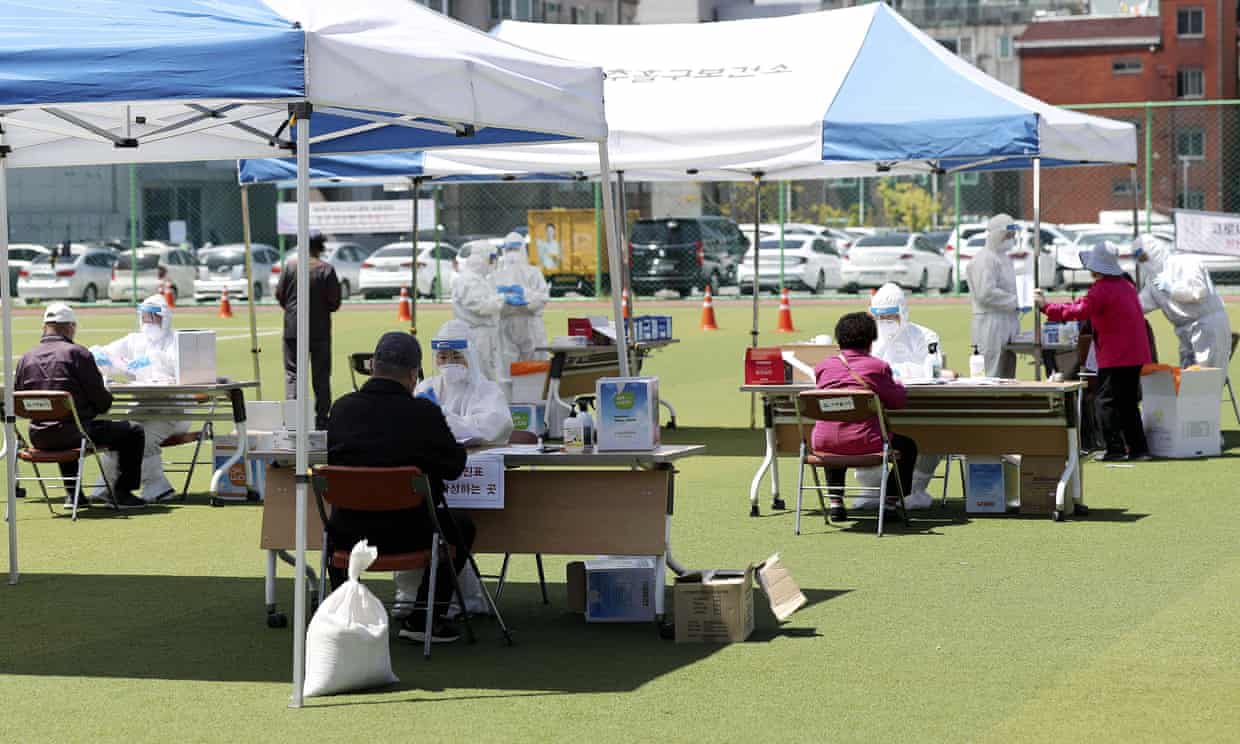
Economic recovery
Effective test, track and tracing 'can reduce lost working hours by 50%'
UN research shows strong systems can reduce public fear and minimise workplace disruption
by Phillip InmanAn effective track-and-trace system to prevent a second coronavirus peak will not only save lives, it could reduce the number of working hours lost to illness by as much as 50%, according to a major global study.
The International Labour Organisation said the effective testing and tracing of infections was essential if employers wanted staff to return to work and for them to stay healthy.
The Geneva-based, United Nations body estimates that working hour losses can be reduced from about 14% in countries that put in place weak track-and-trace systems down to 7% in countries with the “highest intensity of tracking and tracing”.
On the day before England introduces a testing and tracing scheme to prevent a second peak of the virus, the ILO said an effective system was needed or employers and workers would miss out on much of the benefit of returning to work.
If workers remained wary about the health threats of returning to work, it would leave many vulnerable people excluded and exposed to the threat of redundancy.
“Creating an employment-rich recovery that also promotes equity and sustainability means getting people and enterprises working again as soon as possible, in safe conditions,” said the ILO’s director general, Guy Ryder. “Testing and tracing can be an important part of the policy package if we are to fight fear, reduce risk and get our economies and societies moving again quickly.”
According to the ILO Monitor: COVID-19 and the world of work, 4th edition: “A track and test and trace system reduces reliance on strict confinement measures; promotes the public confidence and so encourages consumption and supports employment; and helps minimise operational disruption at the workplace.”
It added: “Testing and tracing can itself create new jobs, even if temporary, which can be targeted towards youth and other priority groups.”
Countries with an effective testing and tracing programme, such as South Korea, tended to have lower duration and severity of confinement and lockdown measures, which reduces the economic toll of these measures, the study said.
The report also found that young people were being disproportionately affected by the pandemic, and the “substantial and rapid” increase in youth unemployment since February was affecting young women more than young men.
“The pandemic is inflicting a triple shock on young people. Not only is it destroying their employment, but it is also disrupting education and training, and placing major obstacles in the way of those seeking to enter the labour market or to move between jobs,” the report said.
Ryder added: “The Covid-19 economic crisis is hitting young people – especially women – harder and faster than any other group. If we do not take significant and immediate action to improve their situation, the legacy of the virus could be with us for decades. If their talent and energy is side-lined by a lack of opportunity or skills it will damage all our futures and make it much more difficult to rebuild a better, post-Covid economy.”